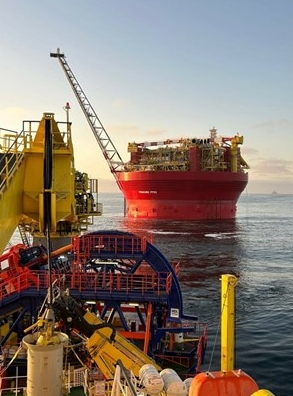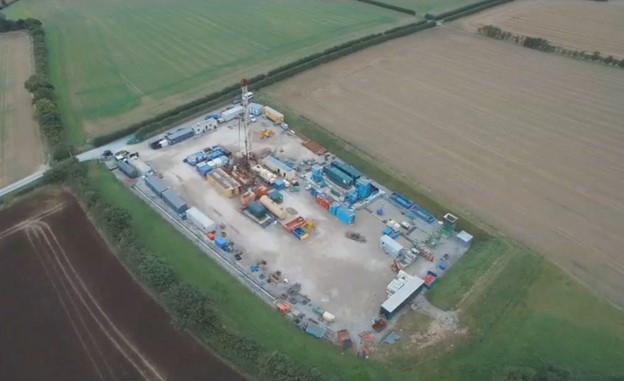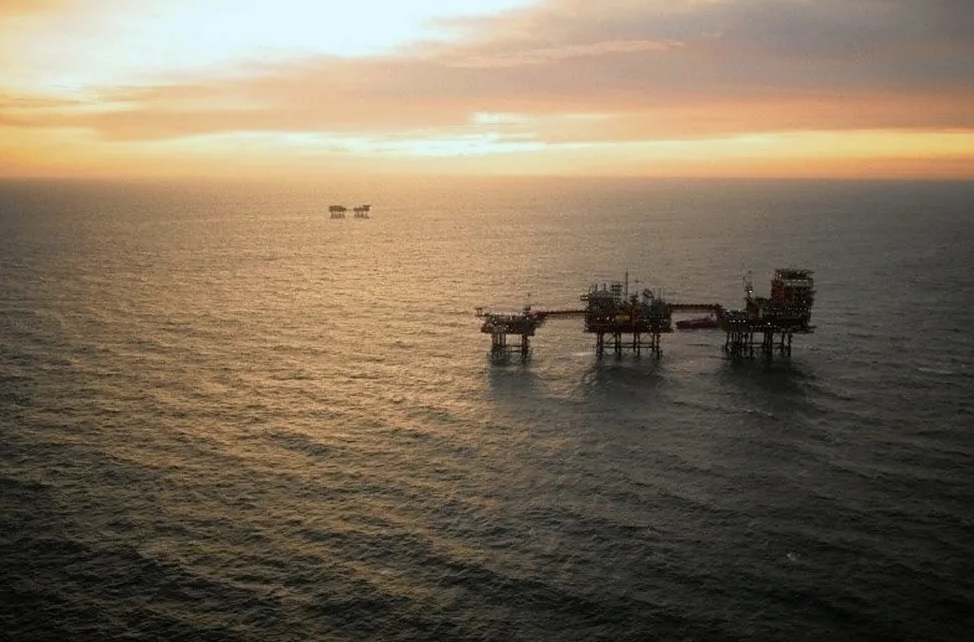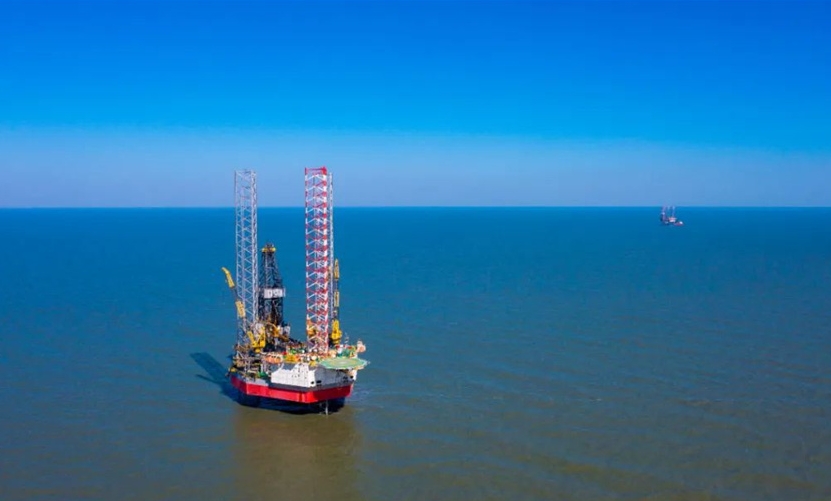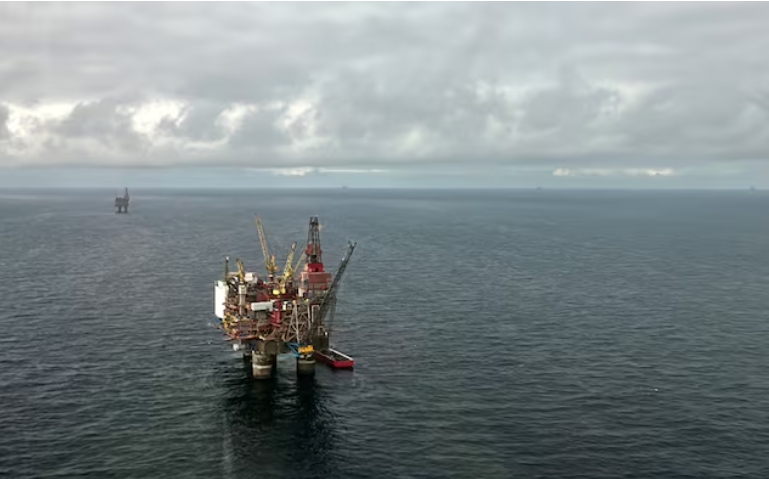
The change of strategy could accelerate the decline of domestic production, risking increased dependency on imports, greater vulnerability to higher consumer prices and more job losses.
Oil majors such as Shell (SHEL.L), opens new tab, Chevron (CVX.N), opens new tab and Exxon Mobil (XOM.N), opens new tab have long since pulled back from the ageing basin in pursuit of more profitable oilfields, divesting assets to smaller producers such as Harbour Energy (HBR.L), opens new tab, Ithaca Energy (ITH.L), opens new tab and Serica Energy (SQZ.L), opens new tab.
These independent oil and gas producers are now looking further afield and merging to cut costs and boost revenue.
"Unfortunately, the UK government has turned the UK North Sea into a very harsh business environment," Gilad Myerson, executive chairman of Ithaca Energy, one of the largest North Sea producers, told Reuters last month.
In 2022, the UK imposed a 25% Energy Profit Levy on the sector after a jump in energy prices resulting from Russia's invasion of Ukraine swelled profits as consumers faced higher prices, following similar measures in other European countries.
Finance minister Jeremy Hunt subsequently extended the levy until 2029 and raised it to 35%, bringing the total tax burden to 75%, among the highest in the world. The levy, however, exempts most profits that are re-invested in oil and gas production, in what is known as the investment allowance.
"The temporary windfall tax on oil and gas firms actively encourages investment to create jobs and grow the economy – the more investment they make the less tax they will pay," a spokesperson for the UK Treasury said.
The tax wiped out most profits for producers last year and many, including Harbour Energy, the largest North Sea producer pared back investments and cut hundreds of jobs.
Serica acquired smaller rival Tailwind Energy and is eyeing neighbouring North Sea countries.
"We're more interested in doing something that diversifies us outside of the UK right now, because that's probably our biggest risk," said David Latin, Chairman of Serica Energy, highlighting opportunities in Norway.
Ithaca, which has stakes in two of the largest remaining undeveloped oilfields in the North Sea, has agreed to combine its operations with the UK assets of Italy's Eni (ENI.MI), opens new tab.
"When you have a fiscal challenge, the bigger you are, the stronger you are," Ithaca's Myerson said, adding the company was looking to expand overseas to Norway, Denmark and elsewhere.
Harbour Energy, meanwhile, agreed in December to acquire oil and gas assets from Wintershall Dea in an $11.2 billion deal which will drastically cut its dependence on the UK.
And last week, Chevron said it plans to sell its remaining assets after more than 55 years in the basin, although the decision was unrelated to the windfall tax, it said.
 Reuters Graphics
Reuters Graphics Reuters Graphics
PRICES AND PROFITS RETREAT
Prices of oil and gas, and in turn, profits of energy firms have retreated from the very high levels seen in 2022.
The North Sea oil industry has complained it needs government support to maximize production from depleted reserves, rather than policies it says deter investment.
"Any 'windfall' due to high commodity prices has long gone and the high tax situation is ill-suited to a mature oil and gas basin such as the UK North Sea," Serica's Latin said.
Climate activists have called on Britain to stop all investments in new oil and gas production in order to meet its target to reduce greenhouse gas emissions to net zero by 2050.
And as Britain heads into elections this year, the opposition Labour Party which commands a strong lead in polls, has vowed to increase the windfall tax by 3% to help finance its energy transition strategy. Labour also seeks to remove "loopholes", which refer to the investment allowance, according to consultancy Wood Mackenzie.
"We will deliver the most significant investment in the North Sea in a generation, as we pursue our mission for energy independence and lower bills," Ed Miliband, Labour's Shadow Energy Secretary, said in a statement.
 Reuters Graphics
Reuters Graphics Reuters Graphics
 Reuters Graphics
Reuters Graphics Reuters Graphics
RAPID DECLINE
Production in the North Sea has declined to around 1.2 million barrels of oil equivalent per day (boed) in recent years from a peak of over 4.5 million boed in 1999.
Analysts at brokerage Stifel estimate that over the remaining lifespan of the North Sea basin, a higher tax rate and removal of the investment allowance would lower investment by 30 billion pounds ($38 billion) more than its current estimates, leading to a faster decline in output.
Under that scenario, Stifel projects that by 2030, the UK's oil and gas output would halve, and it could be paying around 2.5 billion pounds ($3.2 billion) a year to import 80% of its gas.
Serica's finance chief Martin Copeland said the recent consolidation in the North Sea has been significantly driven by tax optimization, calling it "a sign of huddling together for warmth against a very, very chill backdrop."
